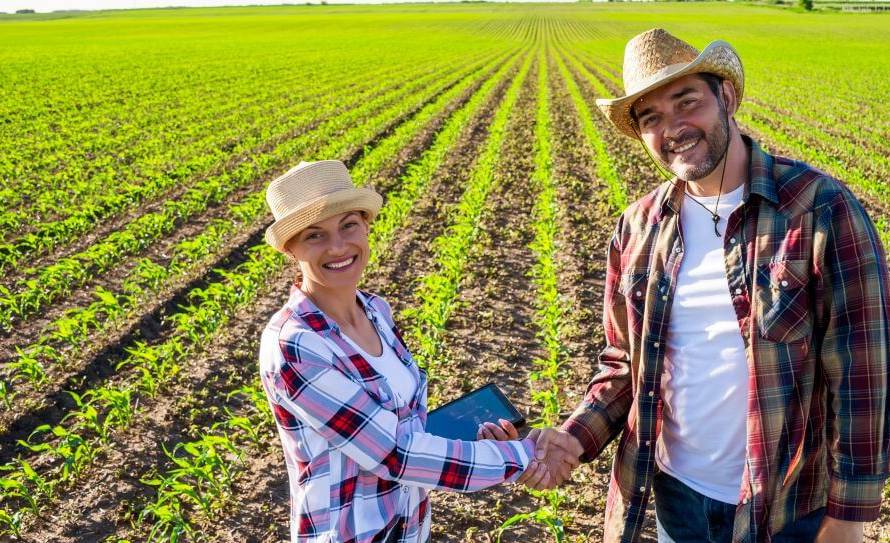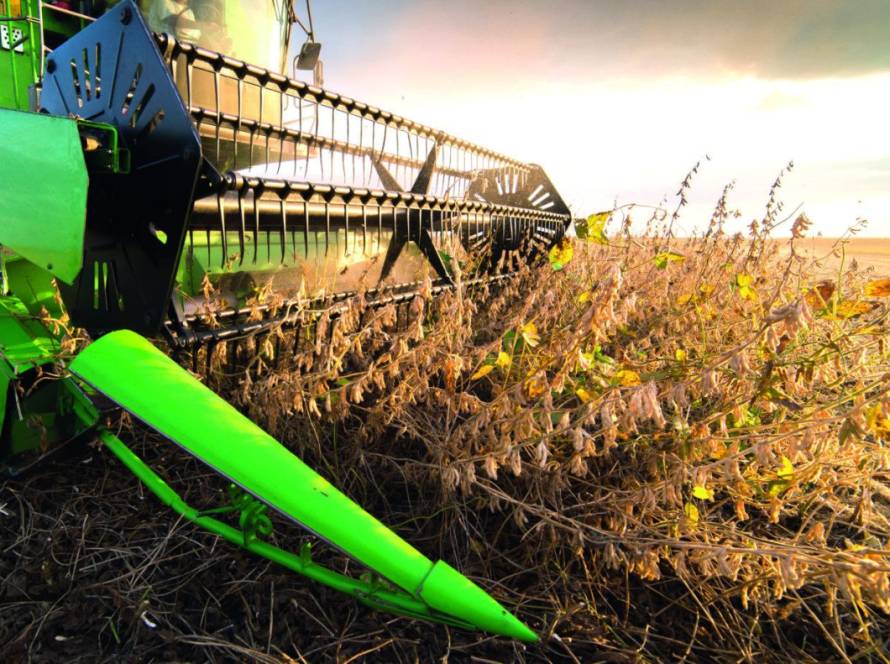Brazilian agribusiness, one of the pillars of the national economy, is facing a decisive moment with the pause of the Safra Plan for this 2025 harvest. Since 2003, the program has been essential for the predictability and financial security of the sector, guaranteeing access to credit with the lowest interest rates on the market. Its discontinuation poses significant challenges, especially for small and medium-sized producers, who traditionally depended on these resources to make their operations viable.
Without the Safra Plan, agricultural financing will inevitably be more expensive, requiring producers to seek alternatives from traditional banks or new solutions offered by the financial market. Faced with this change, fintechs specialized in agricultural credit emerge as a promising alternative, bringing innovation and efficiency to the sector.
The biggest impact of the end of the Safra Plan will be felt especially in interest rates, since they offered the lowest on the market. The new financing conditions will bring higher interest rates, directly increasing production costs. The end of the program opens space for fintechs, which can offer agile digital solutions.
Diversifying funding sources will be essential for the sector to adapt to the new reality. This is because it is unlikely that a rural producer will be able to obtain the same amount of funding from just one institution as he would obtain directly from the Safra Plan. He may have to raise funds from different sources to reach the desired amount, although at a higher cost.

Photo: Jaelson Lucas
One of the most promising innovations in this context is the tokenization of rural assets. This technology allows producers to access investors from all over the world. In addition to helping democratize access to credit, tokenization helps to increase the sector's liquidity and attract more investment to Brazilian agribusiness.
The pause in the Harvest Plan marks a new chapter for agricultural financing in Brazil. The transition will require adaptation, innovation and a close look at the new opportunities that the financial market can offer. More conservative producers will have to open their minds to new possibilities and, for this to happen, companies need to improve their communication. Fintechs and the digitalization of agricultural credit emerge as fundamental allies to ensure the sustainability and competitiveness of the sector in a scenario of inevitable changes.





